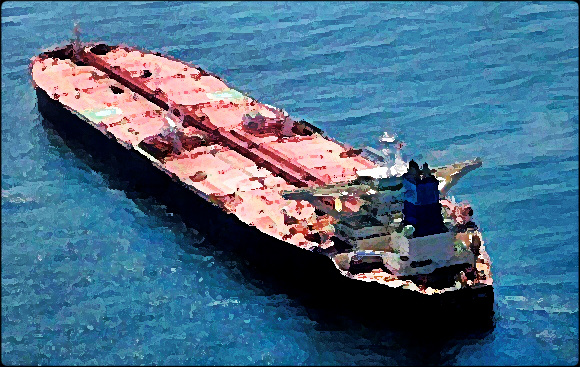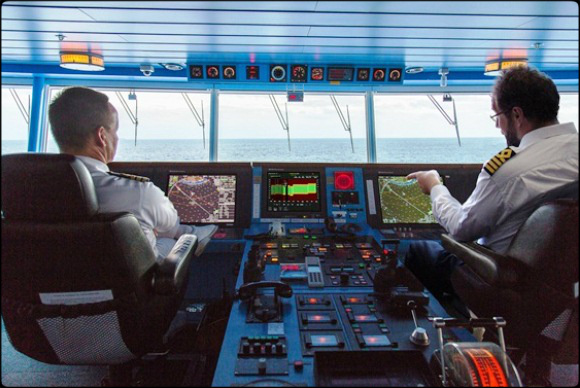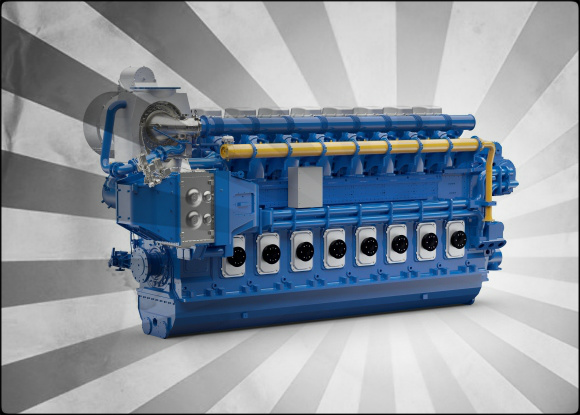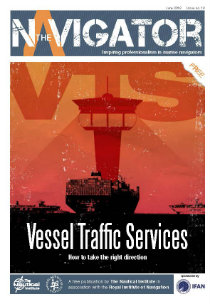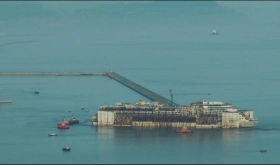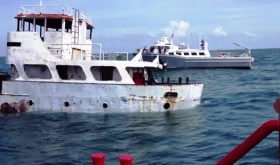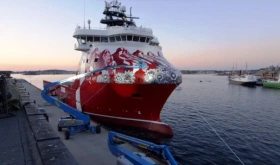Real-time reporting and data analysis are key tools to understanding and improving complex operating environments of today’s companies where the overall effects of any individual action can be very difficult to identify without a proper tool set at hand.
Driving Operational Change with Data-Driven Analytics
Rise of the “Third Umpire” in the Shipping Industry
To understand the significance of a third umpire in the shipping industry one must first understand what brought about the advent of the third umpire in games such as cricket, tennis, rugby, soccer, etc. In the game of cricket there usually were two umpires on the field who make decisions on the game as it progresses.
What Lives in your Fuel Tanks? Microbial Contamination on Board Yachts
As the owner or manager of a beautiful new yacht, fuel testing may not be high on your priorities; however it should be at the very top. The ability to sail safely, independently and at short notice is crucial for the modern day yacht owner and having a fuel and fuel system free from any problems at all times is essential in achieving this.
Installation of Becker Mewis Duct
The reduction of operational cost is an important aspect of managing a company especially in a harsh financial environment. In that way companies have the ability of saving financial resources for whatever purpose they want. In the shipping industry, fuel oil consumption is one of the most crucial parameters in defining each year’s budget.
The Becker Mewis Duct (BMD) is a system that can be installed onboard ships making possible to either achieve significant reduction of fuel usage at a given speed or to allow the vessel to move faster for a particular power ratio. The BMD is comprised by fixed elements that are mounted/attached on the ship’s hull. These elements create a duct/nozzle, placed ahead of the propeller along with a fin system mounted within. This has the result of straightening and accelerating the hull’s wake into the propeller, producing also a clear forward thrust.
How Eniram Helped Validate the Impact of Becker Twisted Fin on a Containership
Real-time and historical data gathering provided by specific Eniram technologies has proven again that this kind of visibility on board one vessel or across entire fleets is crucial information ship owners and operators need to know in order to fully optimize fuel and propulsion efficiency.
Strategic Planning with Aggregate Data
A sensor is a device that measures some kind of input from the physical world. On complicated technical systems such as vessels, there is an enormous amount of different sensors. The number of sensors will surely grow as the size and cost of sensors continuously decrease. A person technically trained is able to gain some information from a single sensor reading, but the information is much more useful when the data from multiple sensors and sources is combined and aggregated at a higher level. At a higher level the whole vessel can be seen as a moving sensor that is collecting data from environmental conditions as well as the performance of the vessel.
Data in Real Time Key To Savings
The future of shipping lies in having the technological expertise to measure vessel performance in order to achieve optimal fuel efficiencies and support regulatory demands. Given the increasing fuel costs and environmental pressures on compliance, freight rates are now very close to operating costs, leading to razor-thin margins, and, in many cases, operating losses. It is not surprising that given the confluence of business conditions in the maritime industry, companies are finding themselves in troubled waters and many facing extinction unless vessel management is accompanied by a more intelligent approach to achieving operational efficiencies.
LNG Terminal Logistics (Part 1)
Today, we’ll have a look at why LNG terminal logistics is important, and why it is going to be even more important in the future. In Part 2 of this article, we’ll look at some very basic mathematics explaining the logistics of a multi-user terminal. In Part 3, we’ll take a look at slot management and how this puzzle can cause headaches.
IMO MEPC 66 NOx Regulations and Arguments on SCR Technology
Last Friday on April 4, 2014, IMO MEPC on its 66th session, agreed on stricter requirements for vessels’ NOx emissions in specific areas, the so called NECAs. During this session the entry into force date of these requirements has been also agreed, although until the final MEPC decision, there was a disagreement for this matter from a number of countries headed by Russia.
The New Wärtsilä 46DF Engine
Wärtsilä introduced yesterday the new Wärtsilä 46DF engine. According to Wärtsilä the engine compared to any other alternative currently available on the market its specific fuel consumption is lower, output is remarkably higher, and lifecycle costs are extremely attractive.
- 1
- 2
- 3
- …
- 12
- Next Page»





